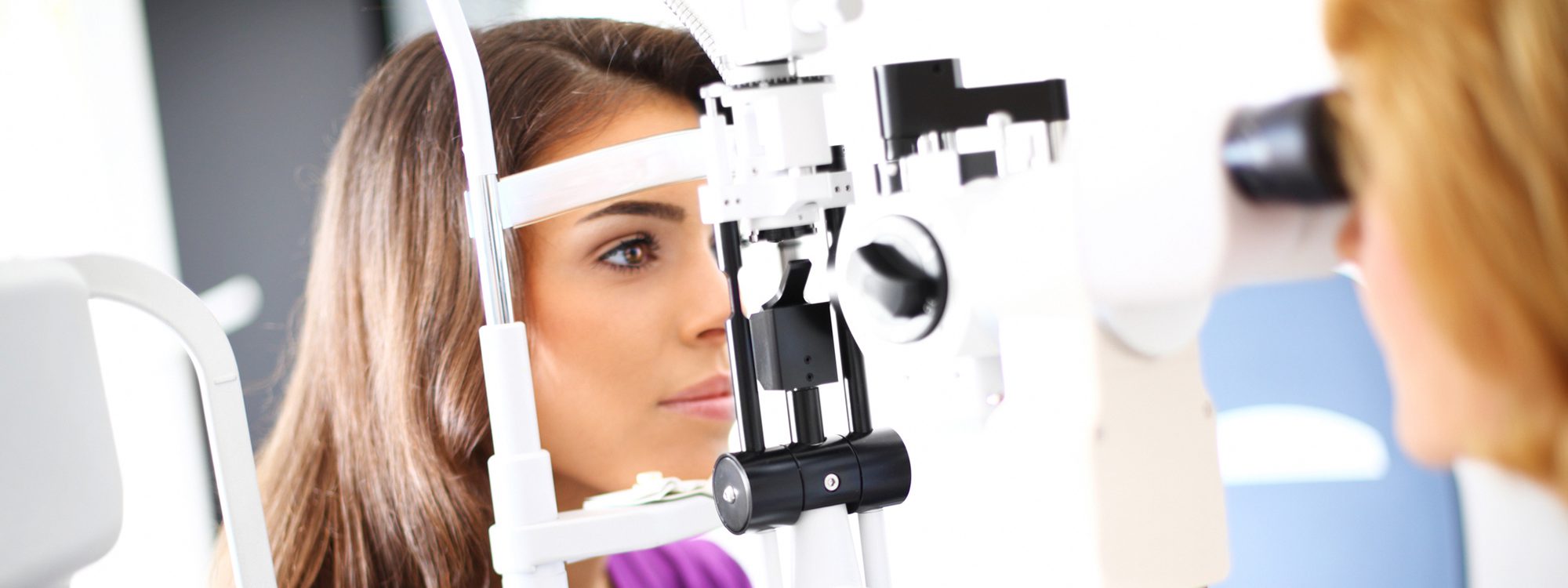Understanding and Avoiding Contact Lens Complications: Allergic Reactions
Contents |
Understanding and Avoiding Contact Lens Complications: Allergic Reactions
Introduction
People who suffer from allergies can find it almost intolerable to wear their contact lense. The itching, tearing and blurred vision can seem overwhelming at times.
Like infections, allergies can affect not just the cornea but also the conjunctiva, the transparent membrane that covers the whites of the eyes and lines the insides of the eyelids.
Allergens can be seasonal, like hay fever or the springtime reactions some of us endure each year. In addition, contact lens patients can develop allergic responses or sensitivities to any of the preservatives used in cleaning and storage solutions. If we consider that most contact lens materials become little reservoirs that keep the ingredients right on the eye as they soak up the solutions used to keep them sanitary and safe, it comes as no surprise that some patients react to them.
Allergic reactions are almost always accompanied by itching; in fact, most eyecare practitioners assume that a patient complaint of itching is always an allergy until it is proven otherwise. Along with itching, there will usually be a discharge of varying degrees of thickness plus redness and swelling of the ocular tissues. True allergies are almost always in both eyes, unless a foreign substance has been introduced into only one of them, by history.
Any of these symptoms can be due to allergic reactions, especially if both eyes are involved and the problem came on fairly quickly. It is important to note that allergies can develop any time after initial contact with the specific allergen causing the reaction; it doesn’t matter if you have never had a history of allergies.
Treatment
Treatment of any allergic response is to eliminate the substance causing it. In the case of contact lens solutions, this may involve switching to daily disposable contact lenses or using a different lens care regimen. There are several prescription anti-histamine drops that can also decrease allergic symptoms. Most of these medications must be instilled when NOT wearing contact lenses. Some drops can be used once a day before lenses are inserted.
Summing Up
If you think you may be suffering from an allergy either worsened by your contact lenses and/or their solutions, or even if you don’t think it is related to your lenses at all, see your eyecare practitioner to get help with managing this problem. Usually, reducing contact with the allergen will eliminate the problem, but your eyecare practitioner may be able to recommend alternative modalities of contact lens wear or care systems.


